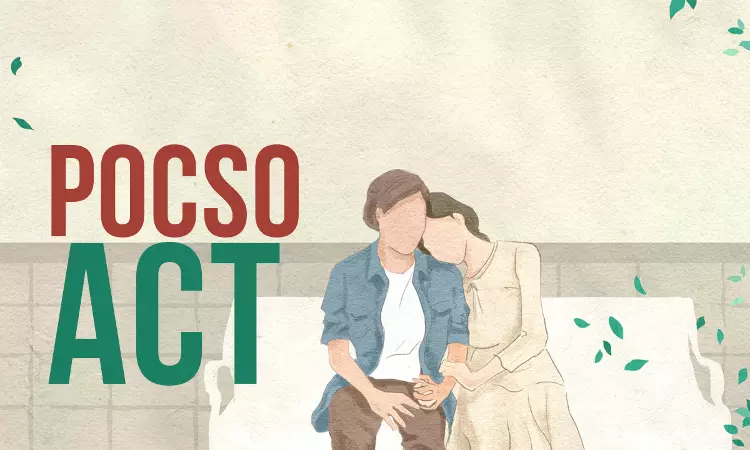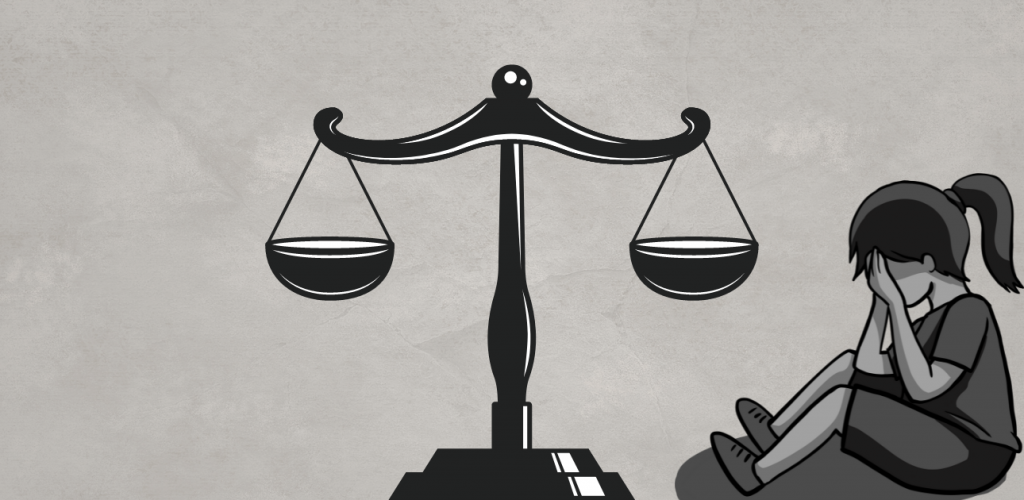
In a recent landmark judgement, the Bombay High Court has made it clear that the Protection of Children from Sexual Offences (POCSO) Act is not meant to penalize minors in consensual romantic relationships. This decision comes as a major relief to young couples who were living in fear of being punished for being in sexual relationships.
Background
The case in question, Imran Iqbal Shaikh v. State of Maharashtra, involved a 23-year-old man who was accused of sexually assaulting a 17-year-old girl who he claimed was his girlfriend. The prosecution argued that the girl was a minor, and therefore, the man should be charged under the POCSO Act. However, the Bombay High Court rejected this argument and held that consensual relationships cannot be penalized under the POCSO Act.
POCSO Act was not enacted to punish individuals in romantic or consensual relationships.It was enacted in 2012 with the aim of protecting children from sexual offenses. The Act defines a child as any person below the age of 18 years and provides for harsh punishments for sexual offenses committed against children. However, the Act does not specifically define what constitutes a sexual offense, leaving it open to interpretation. In the present case, the court observed that the Act intended to protect children from sexual abuse, not to regulate their sexual behaviour.

Public Response
Criminalising sexual activity is deeply invasive of an privacy and goes against the funamental rights guaranteed under the constitution. The Bombay High Court’s decision is a welcome move towards ensuring that the POCSO Act is not misused to punish individuals in consensual relationships and is only implemented in acts involving non-consensual sexual abuse. The court’s decision recognizes the need to strike a balance between protecting children and respecting their rights.
Implications of the decision
The decision has significant implications for the way in which sexual offenses against children are prosecuted. It is likely to result in fewer cases being filed under the POCSO Act against minors in consensual relationships. This, in turn, could reduce the burden on the already overburdened criminal justice system. Moreover, the decision is likely to have a positive impact on the mental health and well-being of young couples who are in consensual relationships. It removes the fear of being prosecuted and punished for their relationship, allowing them to freely express their feelings and emotions.
The Bombay High Court’s decision in the case of Imran Iqbal Shaikh v. State of Maharashtra is a step in the right direction towards ensuring that the POCSO Act is not misused to punish minors in consensual relationships. It recognizes the need to protect children from sexual abuse while respecting their rights and autonomy. This decision is a positive development in the fight against child sexual abuse, and hopefully, it sets a strong precedent for future cases.











